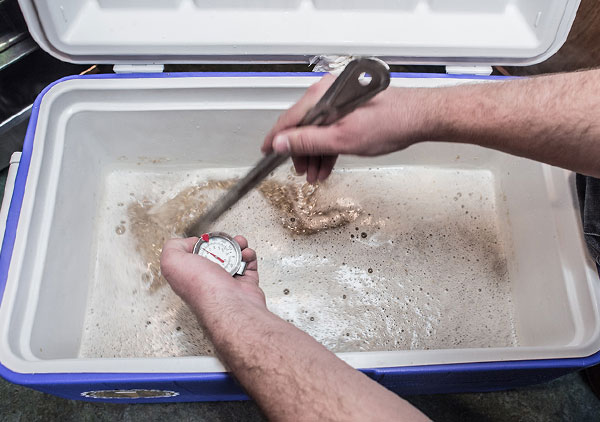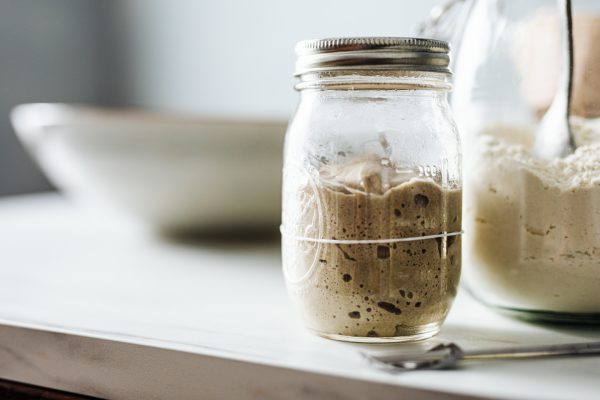
Test your knowledge on lautering and sparging in this week’s Tuesday Beer Trivia quiz.
We do it all the time when we’re making beer, but do we ever stop to think about the processes themselves and where they originated? Test your knowledge on lautering and sparging in this week’s beer trivia.
After you take the Beer Trivia quiz below, scroll down to the “Beer Trivia Answer Explanations” section to learn more about wort collection techniques.
[polldaddy type=”iframe” survey=”AAE4C04496BD71E1″ height=”auto” domain=”2491351″ id=”beer-trivia-example-18″]
Beer Trivia Answer Explanations
Click To Expand
The following explanations were taken from The Illustrated Guide to Homebrewing by Dave Carpenter (editor of Zymurgy magazine). You can also learn more about lautering and sparging in our Let’s Brew section.
Question 1:
Lautering takes place after the mash and refers to the process by which wort is separated from the grain bed and collected in the brew kettle.
Question 2:
The small amount of wort collected during vorlauf is then carefully poured back on top of the grain bed so that is has an opportunity to filter through the husks and emerge as clear wort.
Question 3:
In most commercial breweries, hot water is sprinkled over the grain bed during lautering to rinse the mashed grains of residual malt sugars. Among homebrewers, sparging is used more generically to describe any method of rinsing sugars from the mash, whether or not sprinkling occurs.
Question 4:
False. Fly sparging is the traditional method and has the potential to extract more available sugars than other methods, however, it is slow and can take a long time. A well-executed batch sparge can perform just as well as a fly sparge and requires considerably less time.
Question 5:
In parti-gyle brewing, each set of runnings would produce a different beer. For example, the first runnings might be a barleywine, while the second runnings might become a pale ale and the third something entirely different. Batch sparging simply combines all of the runnings into a single wort.


Share Post